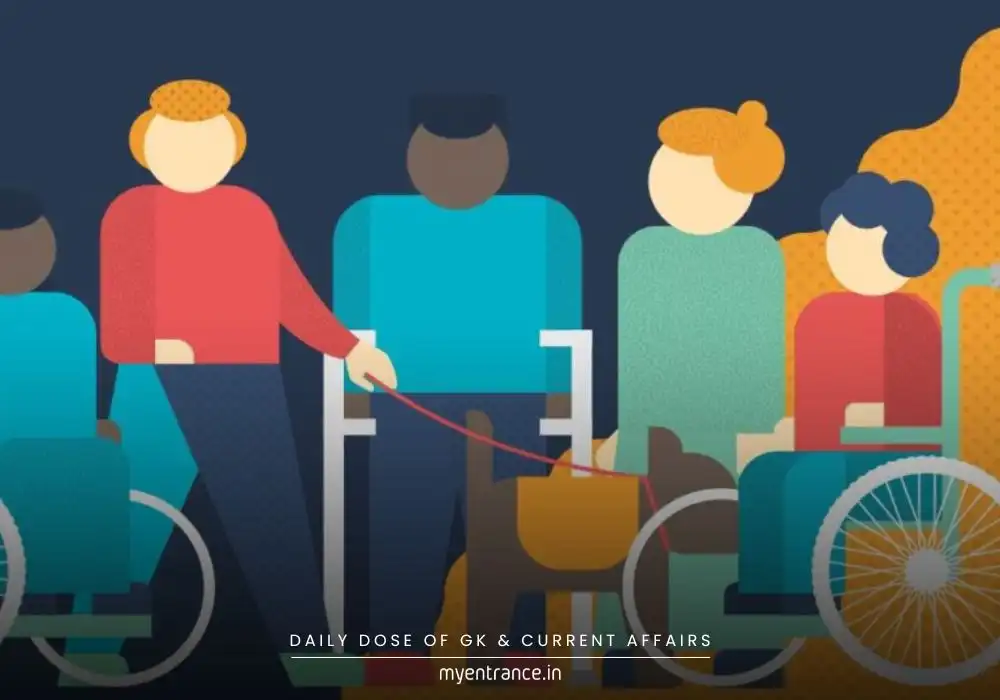Translate Language
Is Feeding Stray Dogs a Fundamental Duty? Decoding the Legal Maze
Feeding stray dogs often ignites fierce disputes between compassionate citizens and residents concerned about safety and nuisance. Recent Supreme Court remarks and the new Animal Birth Control Rules 2023 highlight the complex legal and ethical balancing act required, making this a vital topic for competitive exams covering governance, law, and ethics.

The simple act of putting out food and water for a stray dog can unexpectedly turn into a neighborhood battleground. This conflict reached the Supreme Court recently, where a case involving a Noida resident allegedly harassed for feeding strays in her society’s common areas prompted important observations. While the Court didn’t ban feeding outright, it suggested considering doing it inside one’s home to avoid public friction.
This case throws a spotlight on a deeply polarizing issue: how do we balance compassion for animals with the need for public order and safety in shared spaces? The legal framework provides some answers, primarily through the Animal Birth Control Rules, 2023 (ABC Rules).
What are the Aims of the Animal Birth Control Rules, 2023?
The ABC Rules, enacted under the Prevention of Cruelty to Animals Act (1960), have two primary, interconnected goals:
Humanely Control Stray Dog Populations: The cornerstone is large-scale sterilization (animal birth control or ABC). By neutering street dogs, the rules aim to stabilize and gradually reduce their numbers over time, replacing ineffective and cruel culling methods.
Prevent Rabies Transmission: Mandatory vaccination of community dogs against rabies is integral to the program. This protects both human and animal populations from this deadly disease.
Beyond these core aims, the rules also seek to:
Shift Perception: They deliberately use the term “community animals” instead of “stray dogs.” This acknowledges that these dogs aren’t just intruders; they live in and belong to specific local environments.
Manage Feeding Compassionately: Recognizing that feeding is essential (healthy dogs are easier to sterilize and vaccinated dogs are safer), the rules provide a framework for how it should be done to minimize conflict (Rule 20).
Establish Responsibility: They place responsibility on Resident Welfare Associations (RWAs), Apartment Owner Associations (AOAs), or local bodies to facilitate designated feeding arrangements if a resident chooses to feed.
Provide Conflict Resolution: The rules outline a mechanism involving the Chief Veterinary Officer, police, SPCA, ABC organizations, and the RWA to resolve disputes arising from feeding or dog behavior.
The Constitutional & Legal Backing of Animal Birth Control Rules
The Supreme Court’s landmark 2014 judgment in the Animal Welfare Board of India vs A. Nagaraja (Jallikattu case) is crucial. It interpreted Article 21 (Right to Life) as extending to animals, affirming their right to live with dignity and be free from cruelty.
Further, Article 51A(g) of the Constitution imposes a Fundamental Duty on every citizen “to have compassion for living creatures.” This means:
Dogs cannot be automatically deemed “illegal” in residential areas.
Feeding them, done responsibly, isn’t an offense but potentially an act aligned with this duty.
The Feeding Compromise (Rule 20)
Rule 20 of the ABC Rules 2023 attempts to find a middle ground:
Designated Spots: Feeding should happen in locations away from high-traffic areas like building entrances, staircases, and children’s play zones. RWAs are tasked with identifying these “feeding spots.”
Cleanliness & Timing: The feeding area must be kept clean and litter-free. Feeding at consistent times helps manage dog presence.
RWA/AOA Role: If a resident feeds dogs compassionately, the RWA/AOA/local body must facilitate necessary arrangements for feeding in designated spots.
The Bigger Picture
It’s a delicate balance. Dogs have a legal right to be fed and cared for, stemming from their right to life and our fundamental duty of compassion. However, this must be exercised in a way that respects shared community spaces and minimizes potential conflicts or hazards. The ABC Rules 2023 provide the blueprint for achieving this balance through sterilization, vaccination, and structured community management, including responsible feeding protocols.
Crucial Nuance: Media reports suggesting the Supreme Court ordered feeding only at home are misleading. The Bench made an observation during arguments but did not issue any formal direction to that effect. The legal position remains governed by the ABC Rules, which allow for designated outdoor feeding spots.
Sample Questions & Answers (Based on the Content):
Q: What are the two primary objectives of the Animal Birth Control (ABC) Rules, 2023?
A: The ABC Rules 2023 primarily aim to (1) humanely control the population of community dogs through large-scale sterilization programs, and (2) prevent the spread of rabies by mandating their vaccination.
Q: How does Article 51A(g) of the Indian Constitution relate to the issue of feeding stray dogs?
A: Article 51A(g) imposes a Fundamental Duty on every citizen “to have compassion for living creatures.” This duty provides a constitutional basis for acts of compassion towards animals, including feeding stray dogs, when done responsibly and within legal guidelines.
Q: What significant shift in terminology is introduced by the ABC Rules 2023 regarding stray dogs, and what is its implication?
A: The Rules replace the term “stray dogs” with “community animals.” This shift acknowledges that these dogs are not merely ownerless intruders but are territorial beings that inhabit and belong to specific local environments, implying shared responsibility for their humane management.
Q: According to Rule 20 of the ABC Rules 2023, what is the responsibility of an RWA if a resident wishes to feed community dogs?
A: Rule 20 mandates that the Resident Welfare Association (RWA), Apartment Owner Association (AOA), or local body representative must make necessary arrangements for the feeding of community animals if a resident in the area feeds or cares for them compassionately. This includes identifying designated feeding spots.
Q: Did the Supreme Court, in its recent remarks, legally mandate that stray dogs can only be fed inside one’s home?
A: No. The Court made an observation suggesting feeding inside homes could avoid conflict, but it did not issue any formal order or direction to that effect. The legal framework for feeding remains governed by Rule 20 of the ABC Rules 2023, which allows for designated outdoor feeding spots arranged by the RWA/AOA.
Get 3 Months Free Access for SSC, PSC, NIFT & NID
Boost your exam prep!
Use offer code WELCOME28 to get 3 months free subscription. Start preparing today!















